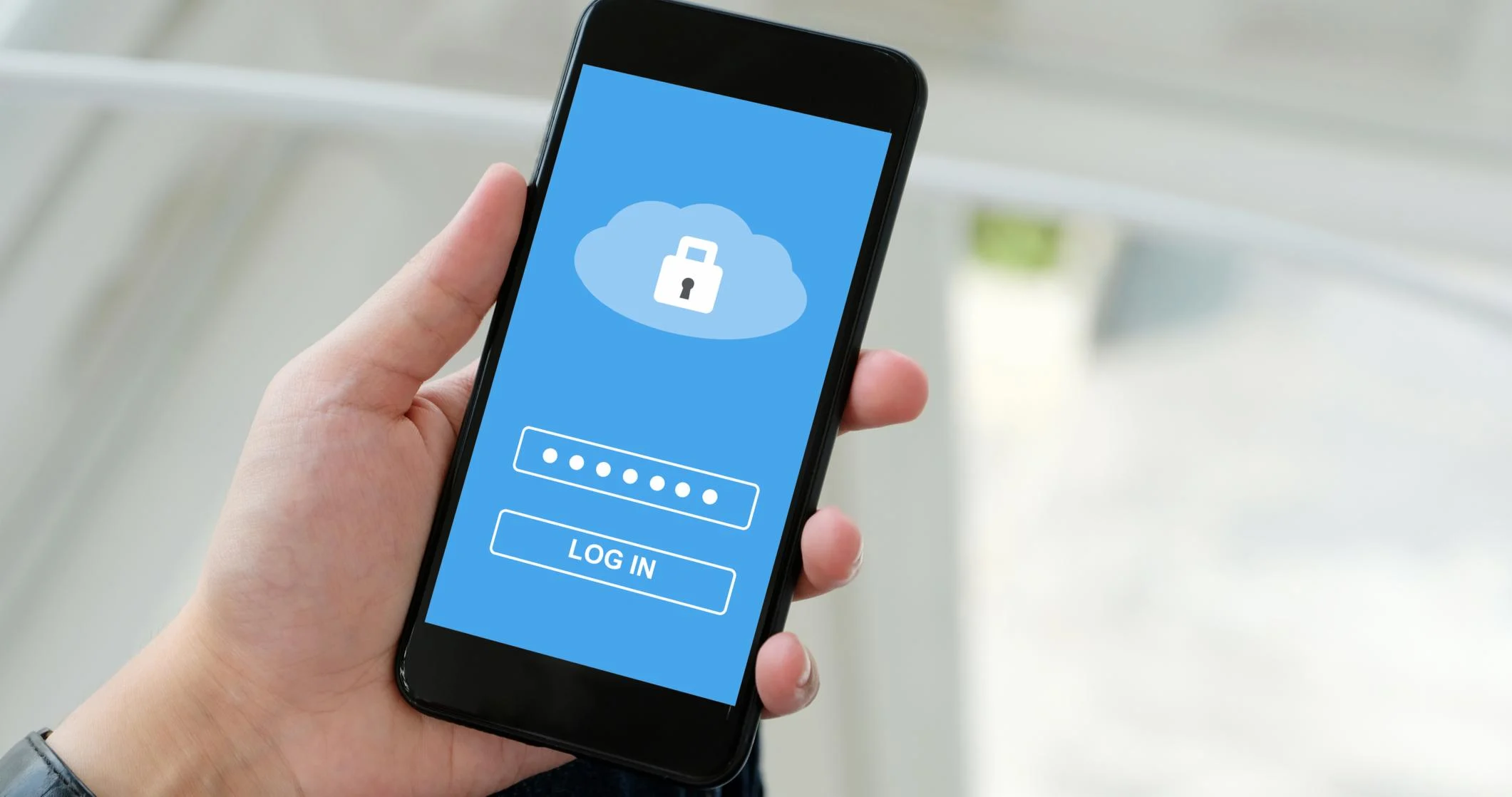In the rapidly evolving digital landscape of the 21st century, smartphones have transcended their original purpose as communication devices. They’ve become our personal assistants, sources of entertainment, digital wallets, and even our gateways to global connectivity. With an abundance of features and a wealth of personal data, smartphones have undeniably become integral to our lives. However, this convenience does not come without risks. The sensitive data stored on our smartphones make them a lucrative target for cyber threats. Thus, understanding these threats and knowing how to safeguard against them is a modern-day necessity.
Unmasking the Threats: Malware, Phishing, and Spyware
Cyber threats are a complex and evolving menace, adopting numerous forms and tactics to exploit vulnerabilities. Malware, an abbreviation for malicious software, is a significant threat that smartphone users should be aware of. Malware is designed to infiltrate and damage devices or data, and it can slip into your smartphone through innocent-looking apps, emails, or compromised websites. The damage caused can range from slowing down your phone to stealing sensitive data, causing significant disruption.
Phishing attacks are another prevalent concern. These attacks typically involve fraudulent emails or text messages that masquerade as trustworthy entities. The aim is to deceive the unsuspecting user into revealing sensitive information like login credentials or credit card numbers.
Spyware, a form of malware, is particularly insidious. Operating covertly, it tracks your activities, gathering information without your knowledge or consent. This type of software can record your phone calls, read your text messages, and even track your physical location.
Fortifying Your Smartphone: Practical Tips for Enhanced Security
Despite the ominous threat landscape, there are several practical measures you can take to bolster your smartphone’s security. First and foremost, keeping your phone’s operating system and all installed apps up-to-date is a simple yet effective line of defense. Developers often release updates to patch security vulnerabilities, so consistent updates can protect your smartphone from known threats.
Exercising caution when downloading apps is another critical habit to cultivate. Download apps only from trusted sources and always review the permissions an app requests. If an app seeks access that seems unnecessary for its functionality, it’s wise to consider this a red flag.
Backing up your data regularly is another vital security measure. In the unfortunate event that your smartphone gets compromised, having a recent backup ensures that your important files and information are still retrievable.
Supplementing Your Defense with WebParanoid
For an additional layer of security, consider employing a reliable browser extension such as WebParanoid. This extension offers robust protection against phishing attacks and malicious websites, alerting you to potential threats before they can cause damage. Acting as your digital guardian, WebParanoid patrols the ever-expanding web to keep you safe.
The Power of Passwords and Two-Factor Authentication
Creating strong, unique passwords for each of your accounts is a simple yet highly effective step towards enhancing your mobile security. Password managers can assist in this task, ensuring you don’t fall into the trap of using the same password across multiple accounts—a risky habit.
Incorporating two-factor authentication (2FA), a security measure requiring two forms of identification for access, further solidifies your defense against unauthorized access. While it may seem like an inconvenience, the heightened security it offers is well worth the minor hassle.
Embracing Mobile Security in a Digital World
In the age of interconnected digital networks, mobile security is about more than just protecting our smartphones; it’s about safeguarding our entire digital existence. By understanding the ever-present threats in cyberspace and proactively implementing protective measures, we can fully enjoy the benefits of our smartphones without the looming risk.
The Role of VPNs in Mobile Security
Virtual Private Networks (VPNs) are a valuable tool for enhancing mobile security. These services encrypt your online traffic, making it exceedingly difficult for hackers or other malicious entities to intercept and decipher your data. Using a VPN is particularly crucial when accessing public Wi-Fi networks, which are typically less secure and more vulnerable to attacks.
A Word on Mobile Antivirus Software
Just as with personal computers, smartphones can benefit greatly from antivirus software. There’s a multitude of mobile antivirus apps available, many offering features such as real-time scanning, malware removal, and even anti-theft tools. While no single tool can provide absolute protection, using a reliable mobile antivirus app can significantly enhance your device’s security, providing you with an extra layer of defense and peace of mind.
Navigating the App Landscape: Download Wisely
One of the most substantial threats to mobile security originates from malicious or poorly secured apps. Always download apps from trusted sources, such as the Apple App Store or Google Play Store, and thoroughly check reviews and ratings before installation. Be particularly cautious of apps that request unnecessary permissions—this can often be a sign of an app with malicious intent or poor security practices.
Conclusion: A Proactive Approach to Mobile Security
Ultimately, the best defense against mobile security threats is a proactive approach. By understanding the potential threats and diligently implementing the security measures discussed here, you can significantly reduce the risk of falling victim to a cyberattack. The digital world can indeed be a hazardous landscape, but with the right tools and habits, it can be navigated safely and confidently. Your smartphone serves as a vital extension of both your personal and professional life, and its protection should be taken seriously.
